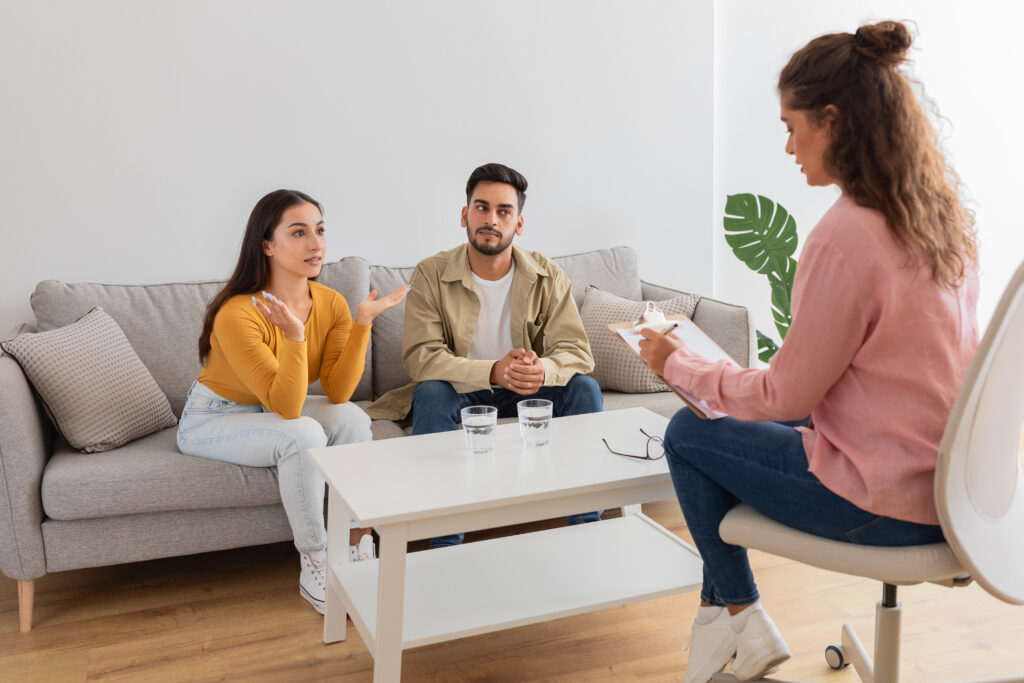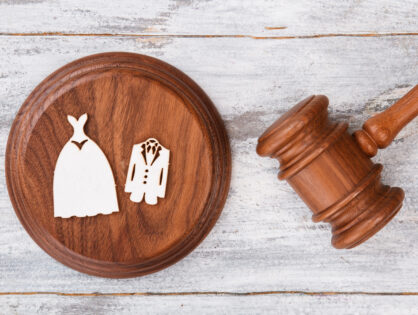Relationship counseling can be a transformative experience for couples seeking to navigate the complexities of their relationship. However, understanding the role of a relationship counselor and what to expect from the counseling process is crucial for couples embarking on this journey. Now, we delve into the various aspects of a relationship counselor's role and shed light on what couples can anticipate when seeking counseling.
Creating a Supportive Environment:
In relationship counseling, creating a supportive environment entails much more than just providing a physical space for couples to meet. It involves cultivating an atmosphere of safety, trust, and acceptance where couples feel comfortable sharing their deepest thoughts, emotions, and concerns. A relationship counselor achieves this by demonstrating empathy, warmth, and genuine interest in the couple's well-being from the moment they enter the counseling session.
Firstly, the counselor establishes rapport with the couple by actively listening to their initial concerns and validating their experiences without judgment. By expressing empathy and understanding, the counselor conveys that the couple's feelings are valued and respected, fostering a sense of validation and acceptance. This validation is essential for creating a safe space where couples feel free to express themselves openly and honestly.
Additionally, the relationship counselor sets clear expectations and guidelines for communication within the counseling session. Couples are encouraged to communicate respectfully, listen actively, and refrain from interrupting each other. Ground rules are established to ensure that both partners have equal opportunities to speak and be heard without fear of criticism or ridicule.
Moreover, the physical environment of the counseling space is intentionally designed to promote comfort and relaxation. The counselor may arrange seating to facilitate face-to-face communication and ensure privacy and confidentiality. Soft lighting, comfortable furniture, and soothing decor contribute to a calming atmosphere conducive to open dialogue and emotional expression.
Throughout the counseling process, the relationship counselor remains attuned to the couple's emotional cues and adjusts their approach accordingly. They provide gentle guidance and encouragement to help the couple navigate difficult emotions and discussions, offering support and validation every step of the way. By creating a supportive environment characterized by empathy, acceptance, and respect, the relationship counselor lays the groundwork for meaningful and transformative therapeutic work to take place.
Assessing Relationship Dynamics:
When assessing relationship dynamics, counselors aim to gain a comprehensive understanding of how the couple interacts, communicates, and relates to each other. This involves observing both verbal and nonverbal communication cues, as well as exploring the couple's history, experiences, and individual perspectives.
One of the primary methods counselors use to assess relationship dynamics is through active listening and observation during counseling sessions. By paying close attention to how the couple communicates, expresses emotions, and resolves conflicts, counselors can identify patterns of behavior that may be contributing to relationship distress. This includes patterns of communication such as criticism, defensiveness, contempt, and stonewalling, which are often indicative of underlying issues within the relationship.
Additionally, counselors may utilize assessment tools and questionnaires to gather more information about the couple's relationship dynamics. These tools may assess various aspects of the relationship, including communication styles, attachment styles, conflict resolution strategies, and levels of satisfaction and intimacy. By gathering data from both partners, counselors can identify areas of strength as well as areas for improvement within the relationship.
Furthermore, counselors explore the couple's history and background to gain insight into how past experiences may be impacting their current relationship dynamics. This may involve discussing family of origin issues, past traumas, cultural influences, and life stressors that may be affecting the couple's relationship. By understanding the context in which the relationship developed, counselors can better understand the dynamics at play and tailor their interventions accordingly.
Ultimately, the goal of assessing relationship dynamics is to identify the underlying issues and challenges within the relationship and develop targeted interventions to address them. By gaining a comprehensive understanding of the couple's unique dynamics, counselors can help couples develop healthier communication patterns, improve conflict resolution skills, and build a stronger and more resilient relationship. This process lays the groundwork for meaningful and transformative change within the couple's relationship.
Facilitating Communication and Conflict Resolution:
Facilitating communication and conflict resolution is a crucial role of a relationship counselor, as effective communication lays the foundation for healthy relationships. Here's an elaboration on this aspect:
Providing Guidance and Support:
Providing guidance and support is a fundamental aspect of a relationship counselor's role, as couples often seek counseling during times of distress or uncertainty in their relationship. Here's an elaboration on this aspect:
Conclusion:
In conclusion, the role of a relationship counselor is multifaceted and essential in helping couples navigate the complexities of their relationship. By creating a supportive environment, assessing relationship dynamics, facilitating communication and conflict resolution, and providing guidance and support, counselors empower couples to address challenges, improve communication, and strengthen their bond.
Through the counseling process, couples gain valuable insights into their relationship dynamics, develop essential communication and problem-solving skills, and learn to navigate conflicts constructively. With the guidance of a skilled counselor, couples can cultivate greater understanding, trust, and intimacy, leading to a more fulfilling and resilient relationship.
Ultimately, relationship counseling offers couples a safe and supportive space to explore their concerns, identify areas for growth, and work towards positive change. By investing in their relationship and seeking the support of a qualified counselor, couples can overcome obstacles, deepen their connection, and build a strong foundation for a happier and healthier future together.
Related Articles:
How to Talk to Your Partner About Seeking Relationship Counseling
Common Relationship Issues and How Counseling Can Help
The Benefits of Online Counseling for Long-Distance Relationships
How Online Relationship Counseling Works: A Step-by-Step Guide



